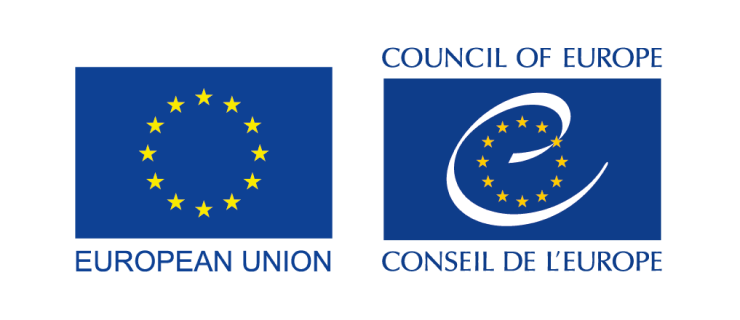International Organisation Resource
Seminars on 1939-1989. Half a Century living with Communism. Bulgaria Sofia, Hotel Serdika, 6 – 7 June 2005 Rousse, Hotel Bistra & Galina 9 – 10 June 2005. Seminar report.
Kostadin Grozev • Council of Europe • 2005
Levels and forms of education
Primary Education
Lower Secondary Education
Upper Secondary Education
Resource type
Reports
Recommendations, Resolutions, Decisions
Event Summaries
Historic approaches concerned
Political History
Historic period
Second World War
1945-2000
1960-1970
1945-1960
1970-1980
1980-1990
20th Century
1900-1945
Countries or areas concerned
Central Europe, Eastern Europe, Southeastern Europe, Bulgaria
Languages
English
Description
The Council of Europe has long advocated for changes in history education to promote democratic citizenship in present-day schools. They emphasize the importance of history teachers in instilling European democratic values. In 2005, they marked the European Year of Citizenship through Education to popularize democratic citizenship education. The Council of Europe has played a crucial role in promoting new ideas in history teaching, but there's a need to disseminate these ideas widely. History education should focus not only on contemporary events but also on historical context, helping students understand the roots of recent events. The emphasis is on developing critical analysis and interpretation skills. Modern European history should be taught within broader social, cultural, and economic contexts. The Council of Europe's Project on the European Dimension in History Teaching aims to achieve this by encouraging a comparative perspective and exploring key events from a multiperspectival viewpoint. The project focuses on significant turning points in 19th and 20th-century European history, such as 1848, 1912/13, 1919, 1945, and 1989/90. It aims to create educational materials like a CD-ROM, a handbook for teachers, and academic works to support history education. Several symposia and conferences have been organized around these key dates to gather insights and knowledge. Disseminating information about this project among history educators in Europe is considered vital. Two seminars were held in Bulgaria as part of this project, with the participation of history teachers and experts. These seminars aimed to facilitate innovation in history teaching and promote cooperation among educators in the MATRA countries. The seminars were well-organized in Sofia and Rousse, creating a conducive atmosphere for achieving the project's goals. The Council of Europe has long advocated for changes in history education to promote democratic citizenship in present-day schools. They emphasize the importance of history teachers in instilling European democratic values. In 2005, they marked the European Year of Citizenship through Education to popularize democratic citizenship education. The Council of Europe has played a crucial role in promoting new ideas in history teaching, but there's a need to disseminate these ideas widely. History education should focus not only on contemporary events but also on historical context, helping students understand the roots of recent events. The emphasis is on developing critical analysis and interpretation skills. Modern European history should be taught within broader social, cultural, and economic contexts. The Council of Europe's Project on the European Dimension in History Teaching aims to achieve this by encouraging a comparative perspective and exploring key events from a multiperspectival viewpoint. The project focuses on significant turning points in 19th and 20th-century European history, such as 1848, 1912/13, 1919, 1945, and 1989/90. It aims to create educational materials like a CD-ROM, a handbook for teachers, and academic works to support history education. Several symposia and conferences have been organized around these key dates to gather insights and knowledge. Disseminating information about this project among history educators in Europe is considered vital. Two seminars were held in Bulgaria as part of this project, with the participation of history teachers and experts. These seminars aimed to facilitate innovation in history teaching and promote cooperation among educators in the MATRA countries. The seminars were well-organized in Sofia and Rousse, creating a conducive atmosphere for achieving the project's goals.
Keywords
Bulgaria
Democratic Citizenship
Competences for Democratic Culture
Council of Europe
Communism
EuroClio
